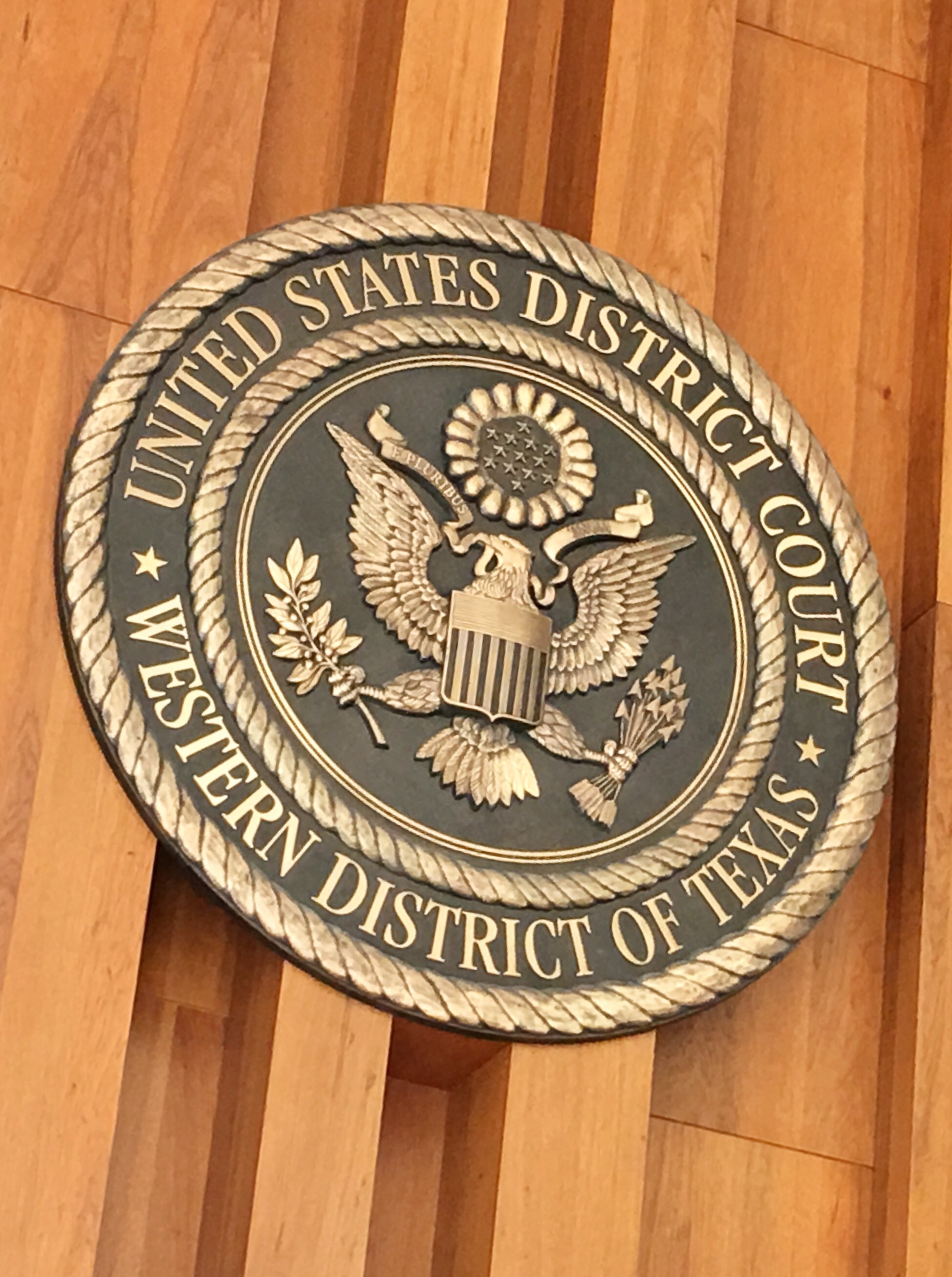Today is AppEsteem’s second birthday. To celebrate, I spent yesterday afternoon on the witness stand in a federal courtroom in Austin Texas, advocating for one of our customers. I explained to the judge that we work so hard to punish bad guys and reward good guys because we’re convinced this is the only way consumers can be protected from unwanted software.

I told the judge that there are plenty of bad guys building unwanted software in the software monetization space. He could look at our Deceptor list and find many examples of apps and bundlers cheating, tricking, and unpleasantly surprising consumers in their quest to gain market share.
But I also told him that the good guys aren't just the AVs; good guys are also building apps, and not everybody on our Deceptor list remains a bad guy. Some companies, when we point out their mistakes, fix their app’s issues and ask us to remove it from our list. Some of these companies take another courageous step and choose to certify their apps, showing the world that they are committed to building apps that respect consumers, and that they are good guys.
I explained that we love it when companies reach this level of commitment, and we work hard to help their certified apps thrive. Because this is our grand experiment: if we can identify the clean apps made by the good guys, our security partners can fight that much better against the bad guys, and we’ll end up in a better world where consumers don’t have to worry about that the apps they install will hurt, trick, or cheat them.
We don’t yet know how the judge will rule. I hope he can find a way to help certified apps thrive without weakening the regulations that allow security companies to protect consumers.
Today I’m back in the office, and I’m reflecting on the last two years. We have over sixty apps that have made it through what can be a grueling certification process, and we have at least that many more in our certification pipeline. We’ve called out almost four hundred Deceptor apps and services, and we’ve been thrilled that this approach has been super-effective at driving change in both the vendors and the AVs. We’ve adjusted our business model, and last month we got the best second birthday present we could have imagined: our monthly billings exceeded our monthly expenses, and we reached break-even.
It hasn’t been easy, though. Getting the software monetization industry to try a new approach has sometimes felt impossible. Even two years later, we still are dealing with trust issues with a couple of the AVs. We haven’t figured out a productive relationship with the Clean Software Alliance. Some app companies remain on the sidelines, wondering if we’re going to survive. We’re still struggling to raise urgency with the browsers and search platforms so they’ll take action against Deceptor browser extensions, and we haven’t yet solved how we’re going to be able to drive change against Deceptor affiliate networks.
But now we’ve proven our business is viable, we know every challenge is surmountable. Our cause is righteous, and it’s also desperately needed. Consumer-hurting apps must disappear, and the bad guys who make and distribute them need to either change their ways or find a different line of work.
If you’re still sitting on the sidelines, come and join us! It’s time to show the world that you’re committed to consumer protection and clean apps. Just like yesterday when we supported a good guy’s certified app in court, we’ll work as hard as we can to help certified apps thrive. We’ve proven that we won’t crumble under the pressure, and we promise that we won’t relent in our fight to protect consumers by stopping the bad guys and driving better behavior.